
By Rachel Gyabaah, Development Practitioner
This article reflects on some of the positive gains made by the African continent amidst financial challenges and increasing debt burden. Africa has been making notable strides in asserting its voice and presence on the global stage.
From increased participation in high-level multilateral forums like the G20 to influencing critical reforms in global taxation frameworks, the continent’s voice of hope is being amplified. However, the question remains: Is Africa gaining its rightful space, or is there more to be done? Captured below are a few of the related strides that reinforce Africa’s voice on the global stage;
Africa’s Inclusion in the G20: A Historic Milestone
One of the most significant milestones in Africa’s global journey was the African Union’s inclusion as a permanent member of the G20. This landmark decision followed years of persistent advocacy and strategic diplomacy by African leaders.
Their efforts emphasized the continent’s indispensable role in tackling global challenges such as climate change, trade inequities, and financial sustainability. This recognition does not only stress Africa’s importance in global governance but also marks a turning point with how the continent’s contributions are valued on the world stage.
This decision, formalized at the 2023 G20 Summit in New Delhi, signaled recognition of Africa’s importance in addressing global challenges. By joining this influential group, Africa has gained a platform to advocate for its development priorities and push for equitable global governance structures.
The African Union’s G20 membership provides an avenue for greater alignment between global policies and the continent’s aspirations. For instance, discussions around debt restructuring for African nations, sustainable financing, and climate resilience are expected to gain momentum with Africa at the table. This new status gives the AU the same status as the European Union, showing an enhanced influence in global affairs. However, to leverage this opportunity fully, African leaders must present a unified front and prioritize the continent’s collective interests over national agendas.
UN Security Council Reforms
Africa’s persistent call for reform in the United Nations Security Council (UNSC) highlights its aspiration for equitable representation in global decision-making. However, prominent African leaders like Paul Kagame of Rwanda and Thabo Mbeki of South Africa have expressed reservations about the efficacy of these reforms.
President Kagame has stressed the need for substantive influence over mere symbolic representation, cautioning that structural reforms without a shift in decision-making dynamics might fail to rectify entrenched power imbalances within the UNSC.
He has argued that Africa must strategically push for reforms that ensure genuine impact rather than superficial changes. Similarly, President Mbeki has suggested that Africa might gain more by focusing its efforts on strengthening its role in global economic institutions that have a direct bearing on the continent’s development.
These critiques challenge the prevailing narrative of the UNSC reform as a panacea for Africa’s marginalization. The Ezulwini Consensus, adopted by the African Union, demands two permanent seats and five non-permanent seats for Africa in the UNSC. While this framework asserts Africa’s rightful place in shaping international peace and security policies, it has sparked debate over its feasibility and impact.
This divergence of perspectives highlights the complexity of Africa’s quest for equitable representation. While the push for UNSC reform remains a central pillar of Africa’s global advocacy, the debate highlights the importance of a multifaceted approach to addressing global power dynamics.
Leading Global Tax Reform Dialogues
Africa’s engagement in global tax reform debates has also been pivotal. The United Nations’ efforts to establish a more inclusive international tax framework have been heavily influenced by African nations’ calls for equity in taxation. With the current global tax rules disproportionately benefiting developed countries, African nations have long advocated for reforms that address tax base erosion and profit shifting by multinational corporations.
At the heart of this advocacy is the African Tax Administration Forum (ATAF), which has played a critical role in shaping the continent’s position. The push for a UN-led tax convention is a step away from the OECD-centric model, which in itself is a testament to Africa’s resolve to ensure fairer tax systems that prioritize the needs of developing nations.
If successful, these reforms could significantly boost domestic revenue mobilization across African countries, reducing dependence on external aid. Thus, over time, Africa would be in the position to sustainably fund its own development that it seeks to achieve and deliver to Africans.
Bridging Climate Action and Development
Africa’s role in global climate dialogues has also seen a marked shift, with several nations and leaders taking proactive measures. For instance, Kenya’s former President Uhuru Kenyatta championed the African Renewable Energy Initiative (AREI), which aims to harness the continent’s renewable energy potential while advocating for international support.
Similarly, Gabon under President Ali Bongo Ondimba has led conservation efforts, positioning the country as a global model for forest preservation and sustainable development. These examples highlight Africa’s growing leadership in climate action, ensuring the continent’s concerns and solutions gain recognition on the global stage.
With the continent bearing the brunt of climate change despite contributing minimally to global emissions, African nations have been vocal about the need for climate justice. The establishment of the Loss and Damage Fund at COP27 was a landmark achievement, reflecting Africa’s ability to influence global climate finance mechanisms.
During COP29, African nations reiterated their calls for expedited disbursement of climate funds and the inclusion of developing nations in decision-making processes. Additionally, initiatives like the African Renewable Energy Initiative (AREI) have showcased Africa’s commitment to sustainable development while advocating for increased support from the global community.
Advancing Africa’s Progress
While Africa’s progress on the global stage is commendable, the journey toward securing its rightful space is far from over. To sustain momentum, the continent may resort to the following.
- The AU must focus on strengthening Regional Integration since a united Africa is a stronger negotiator. Initiatives like the African Continental Free Trade Area (AfCFTA) offer(s) immense potential to boost intra-African trade and present the continent as a cohesive economic bloc.
- Effective representation on global platforms requires skilled negotiators and visionary leaders who can articulate Africa’s priorities and drive transformative agendas. By this, Africa should invest in Leadership and Capacity Building. In addition to progressively churning out adequate skill set, building a robust and innovative informal and formal sector while holistically nursing an African dream hinged on values and ethics that define the continent.
- Collaborate with emerging powers like the BRICS and traditional allies to amplify Africa’s influence in multilateral forums.
- Enhance Data and Evidence-Based Advocacy as robust data systems are essential to back Africa’s policy positions and ensure its proposals are grounded in evidence.
Indeed, to realize the African dream, it also requires a deliberate zeal to carry citizens along the entire process to resounding Africa’s voice on the global stage. The global stage is no longer out of reach for Africa, but the journey to securing its rightful space demands unwavering commitment from its leaders and citizens alike. Africa must not renege at sustaining these gains over the years but rather be willing to progressively register Africa’s voice even louder than ever on the global stage.
The post Thinking Aloud! Is Africa Gaining Its Rightful Space on the Global Platform? appeared first on The Business & Financial Times.
Read Full Story
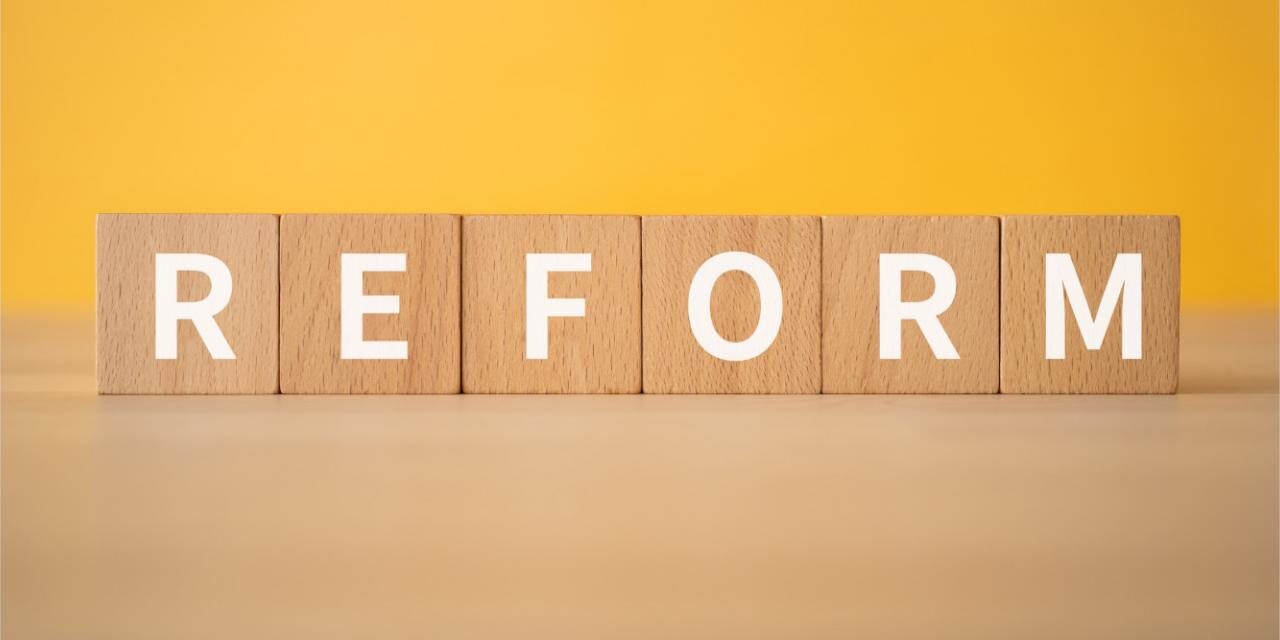

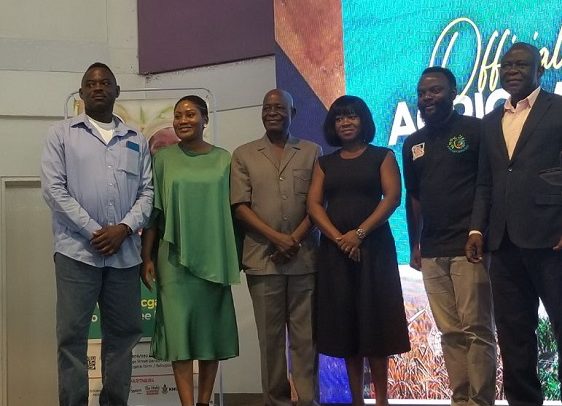

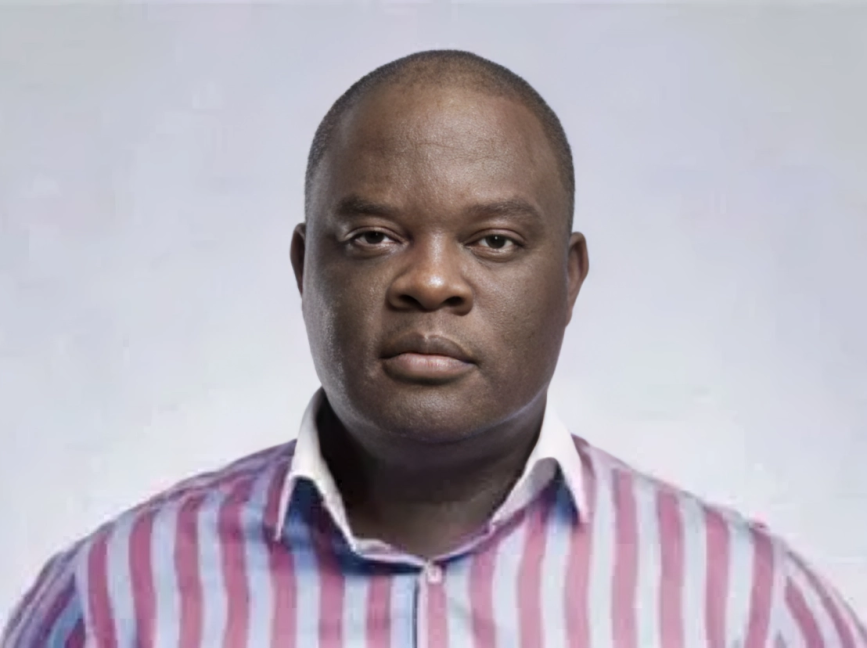

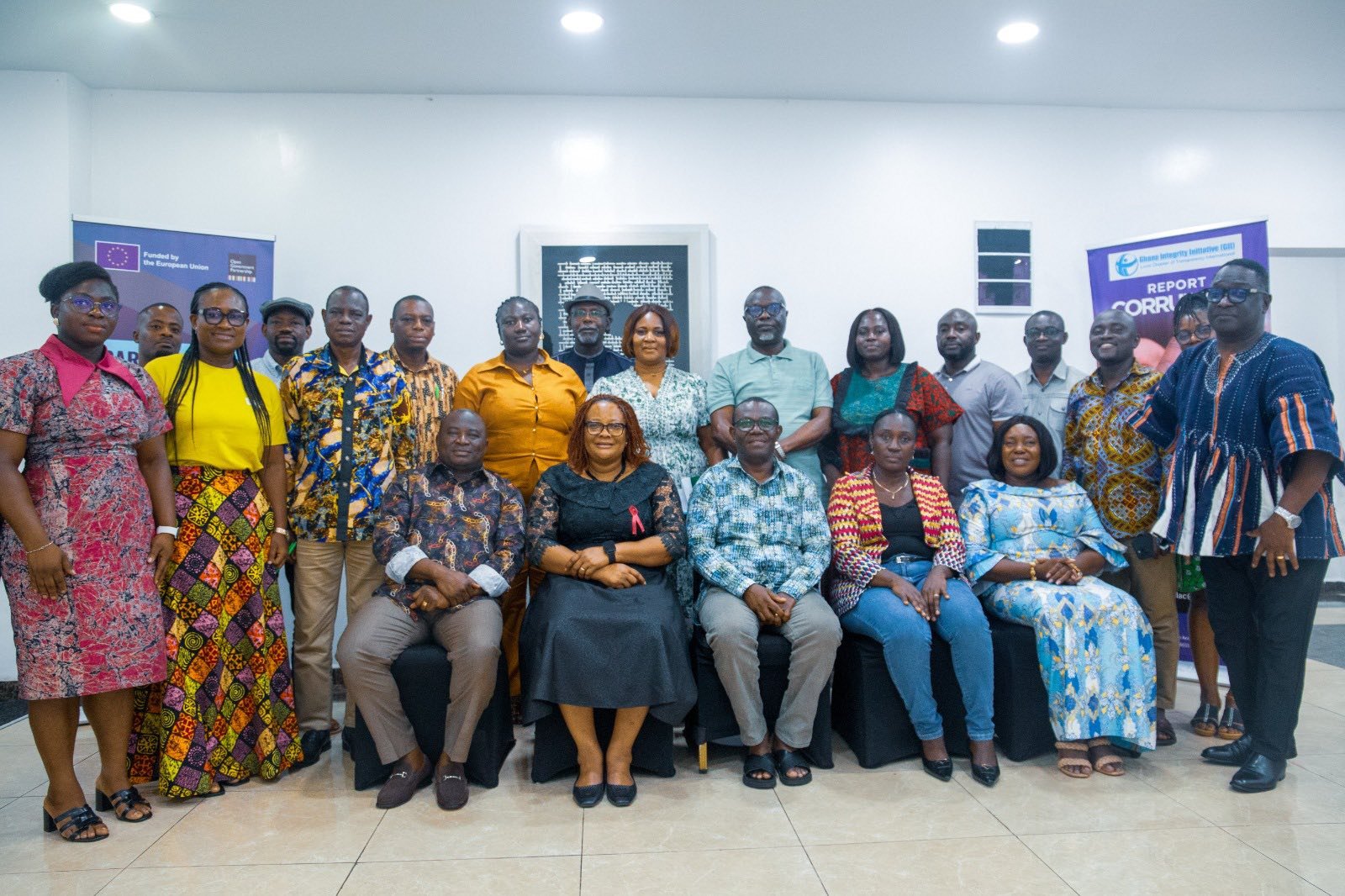
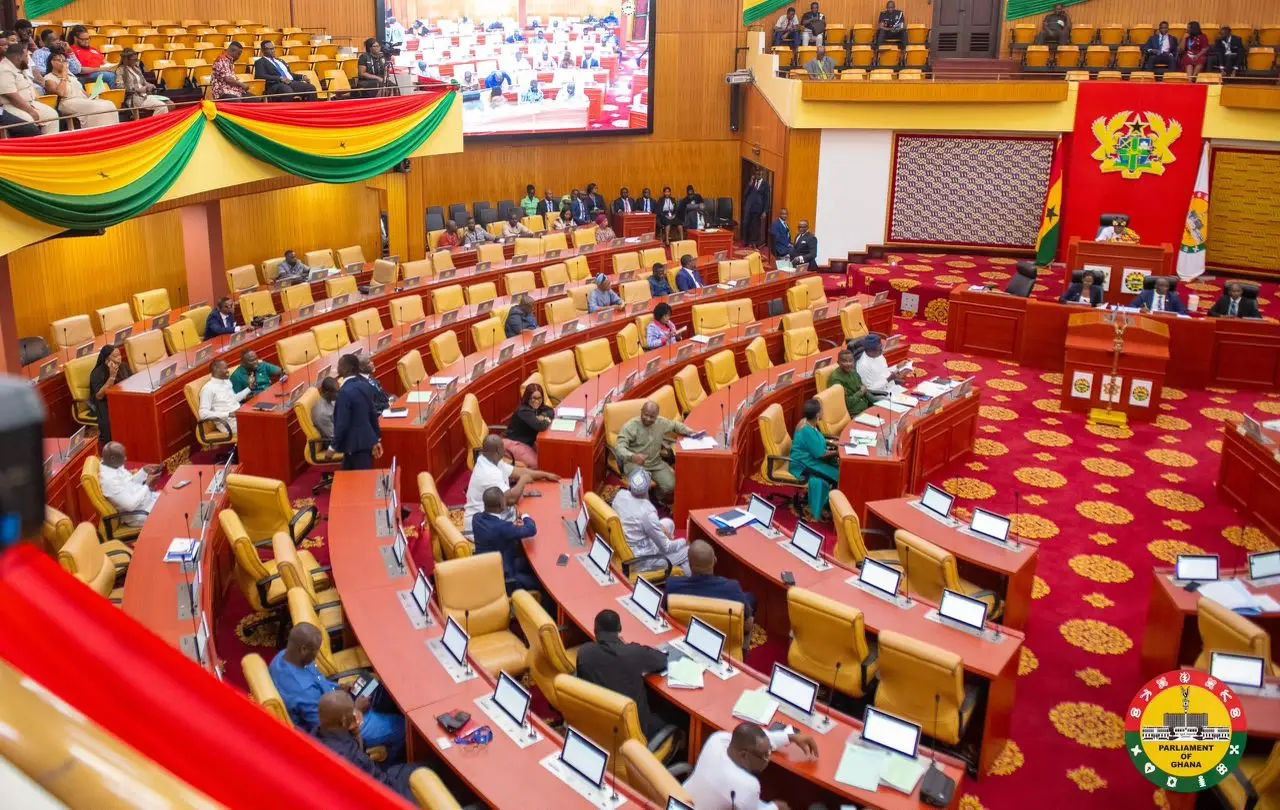
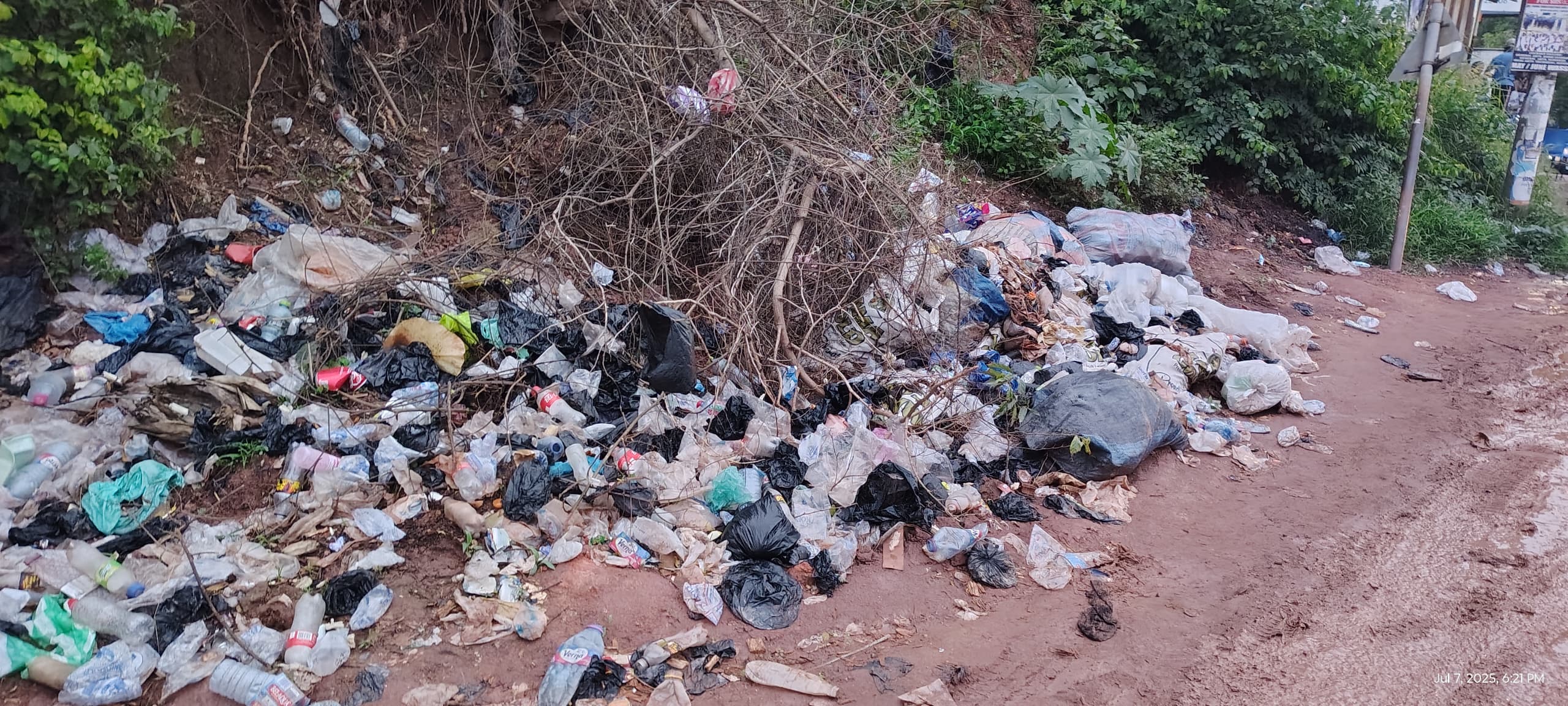

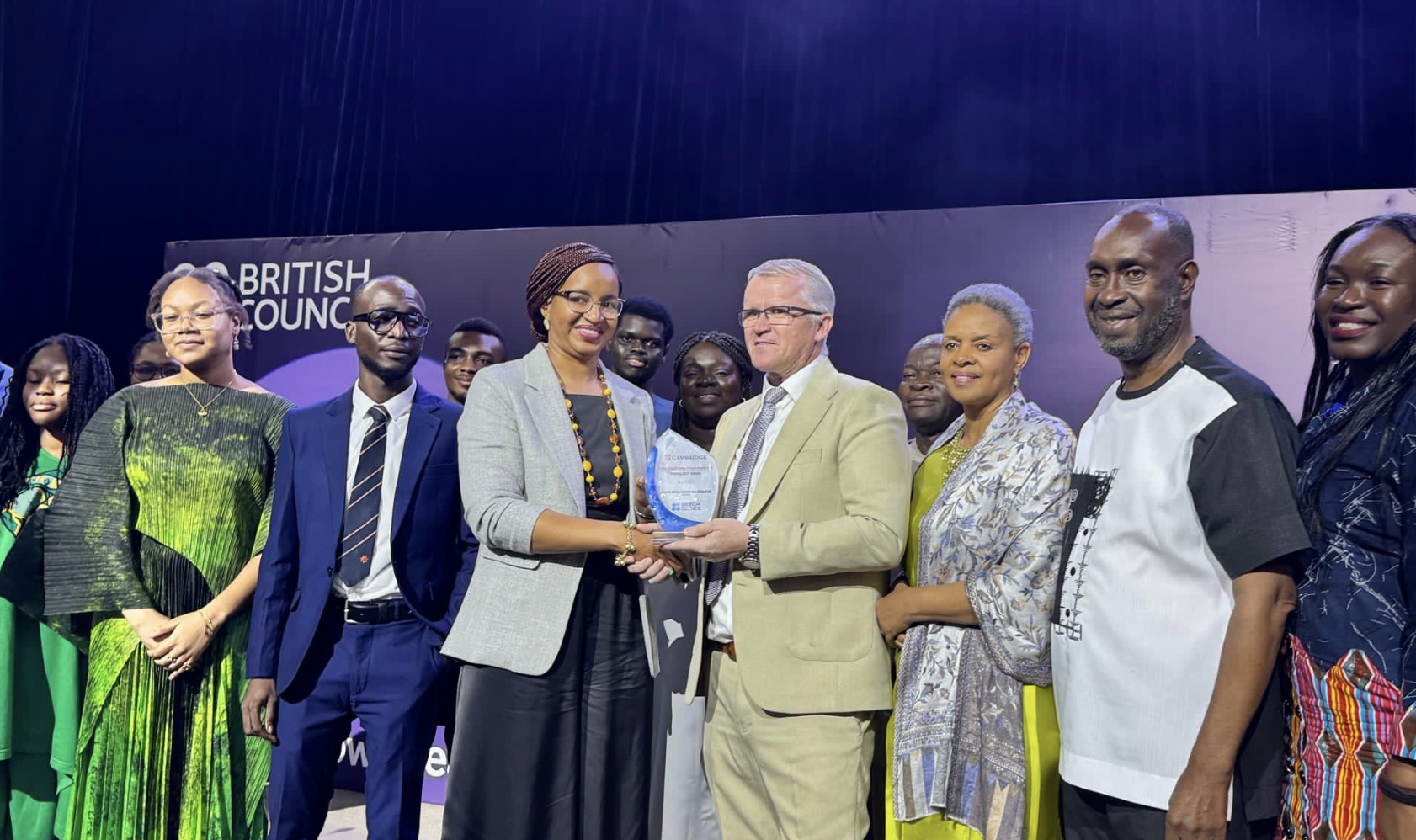



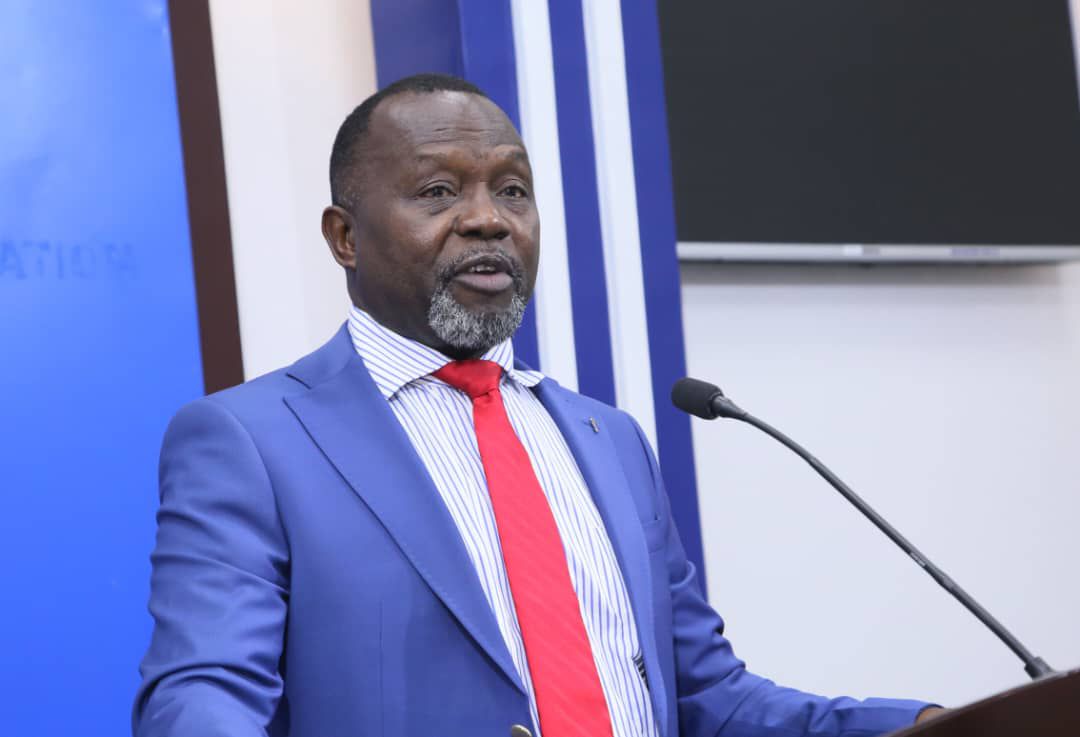

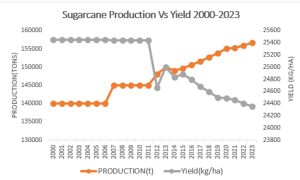





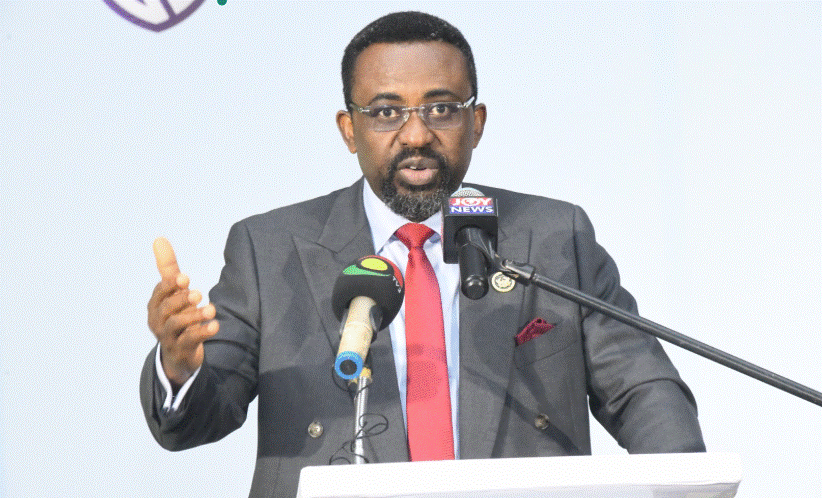
Facebook
Twitter
Pinterest
Instagram
Google+
YouTube
LinkedIn
RSS